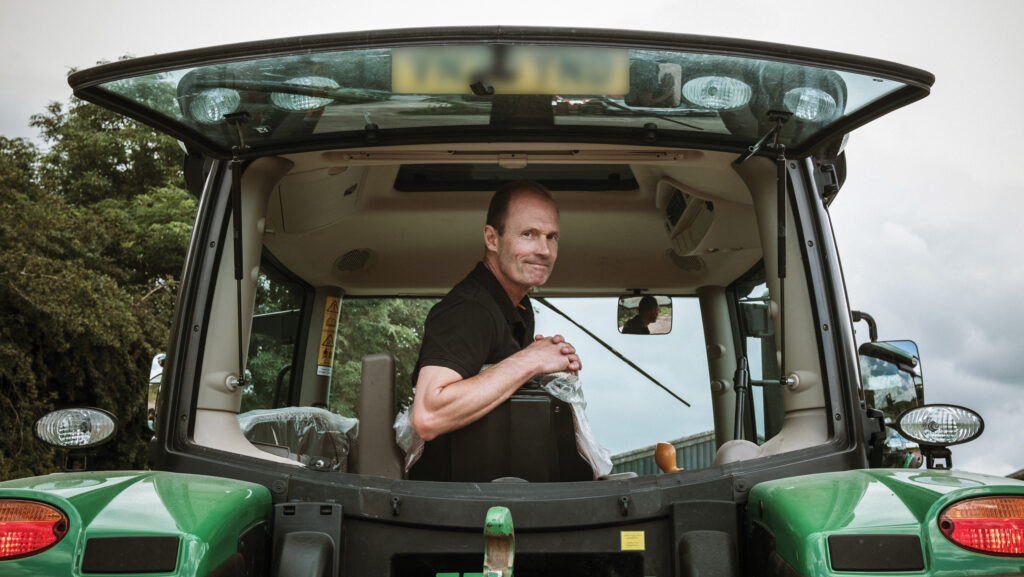Farmer Focus: My forebears did not buy land to avoid tax
 Andy Barr © MAG/Colin Miller
Andy Barr © MAG/Colin Miller “That is a promise made and a promise fulfilled” repeated the chancellor in the recent Budget, but when it came to agricultural inheritance tax it was a promise made and a promise broken.
I sat there with my mouth open and my mind trying to recover from the mental punch it had just received.
We have spent years planning ahead, taking a lot of costly advice, and ultimately transferring land, but it’s not that straightforward.
See also: Analysis: Where does the Budget leave farming?
Now, if someone in the family dies at the wrong time, there is a huge risk that the next generation won’t be able to pay the tax without selling land.
On the radio someone said that his son would have to pay inheritance tax (IHT) on his care home business if he left it to him, so why not farmers?
That sounds fair enough until you understand that the return on capital for farmland is about 0.5%, after the farmer taking a wage, compared with 5% for care homes.
If I earned a 5% return I would have enough cash to be able to pay the IHT over 10 years, but at 0.5% the money is simply not there without selling land.
In fact, several more Budget measures mean it will be even less likely to be there.
Like every family farm, when we have had a good year we have re-invested it in the farm and producing food, and when we haven’t, we’ve borrowed money on the back of the value of the farmland.
My forebears were not rich people buying land to avoid tax, but people who started with nothing and built up the business through hard work and passion.
It can’t be good for the nation if food-producing businesses end up ceasing when someone dies, especially with the increasing problems of war, weather and disease.
However, these greater issues do give me perspective and remind me that, above all, I’m just lucky to be alive and well.

